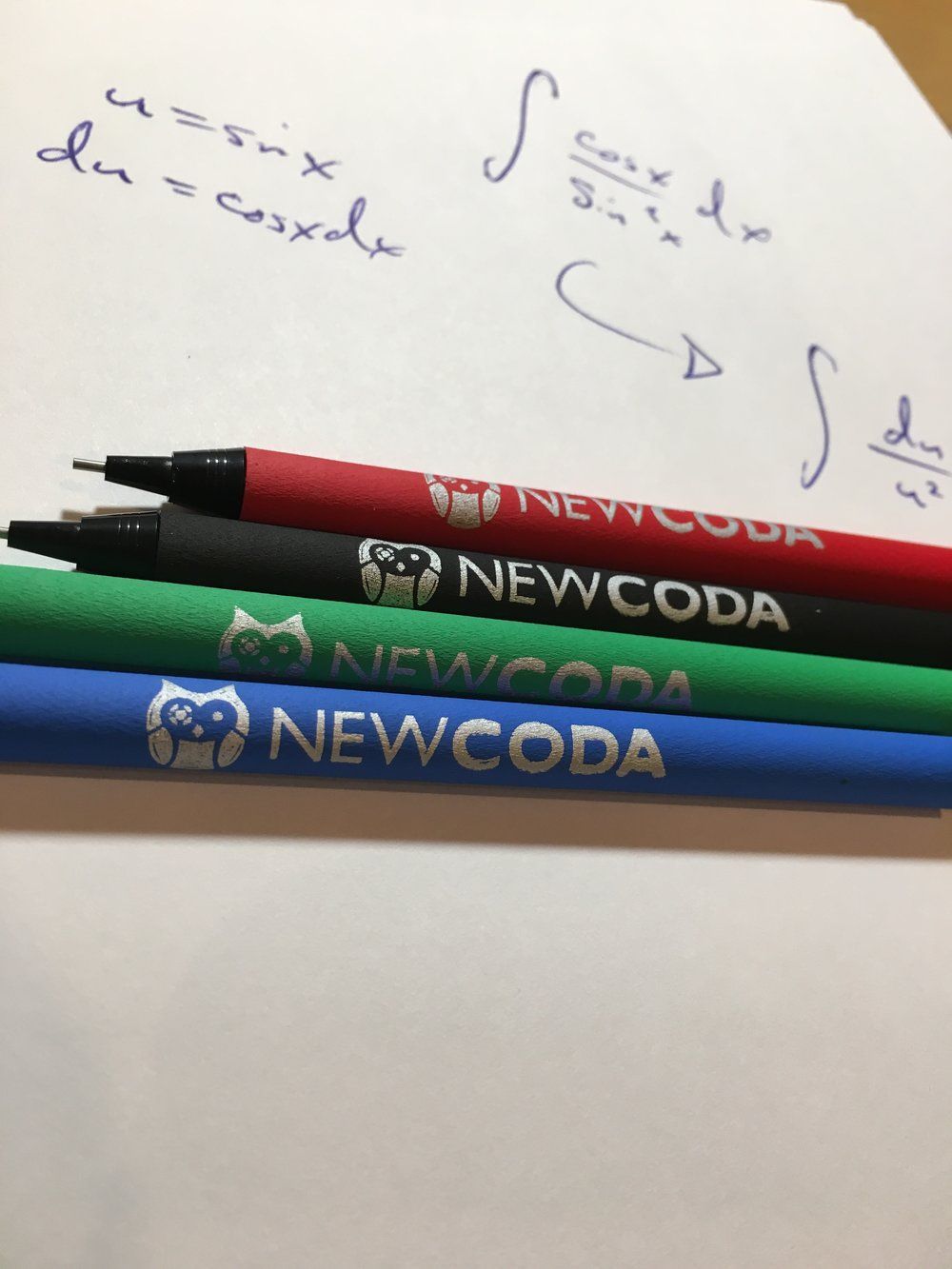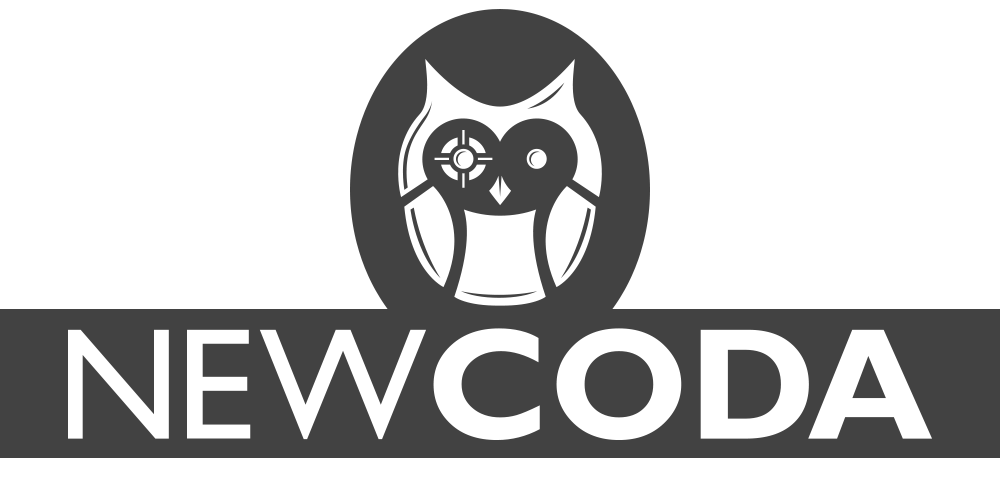READ THESE BEFORE IT'S TOO LATE VOL. II
To continue the discussion of novels best pondered by the imaginations of young adulthood, consider these selections.
The Alchemist, Paulo Coelho (197 pages)
The principles of alchemy, the magical chemistry that turns metals into gold, guide the story of Santiago, who quite literally follows his dreams. Rather than stay close to home and lead the ordinary life of a shepherd, Santiago decides to take a risk and journeys to the pyramids. Santiago is unburdened by the responsibilities and considerations of adulthood, but has all the vigor and single-minded zeal of a young man ready to face the world for the first time. The story reads as an extended fable—a cautionary tale against the perils of an unfulfilled life—and is best suited for readers considering their own paths.
Tortilla Flat, John Steinbeck (151 pages)
Danny inherits two homes that quickly devolve into flophouses for friends, ruffians, an drunkards as the soldiers return to Monterey, CA from the WWI battlefields. The characters lead charmingly uncharmed lives, spending hyacinth days with their ride or die as though nothing will ever change. These endless days of easy and predictable camaraderie echo no where so loudly as through the halls of a high school.
The Outsiders, S. E. Hinton (192 pages)
Tensions between rival gangs, the greasers and the socs, start high and escalate as their pride and pugilism is tested. Ponyboy is caught in the crossfire and has to decide for himself what is right, if anything, amid violence and chaos. The social injustice Ponyboy and Johnny endure thunders eternally when first experienced by a reader navigating the complexities of teenage society. I dare you to come away unmoved. Stay golden, Ponyboy.
These are only a few of the Bildungsromans that speak especially to readers who are themselves coming of age. Every journey starts somewhere. Just ask Santiago, Danny, or Ponyboy.




